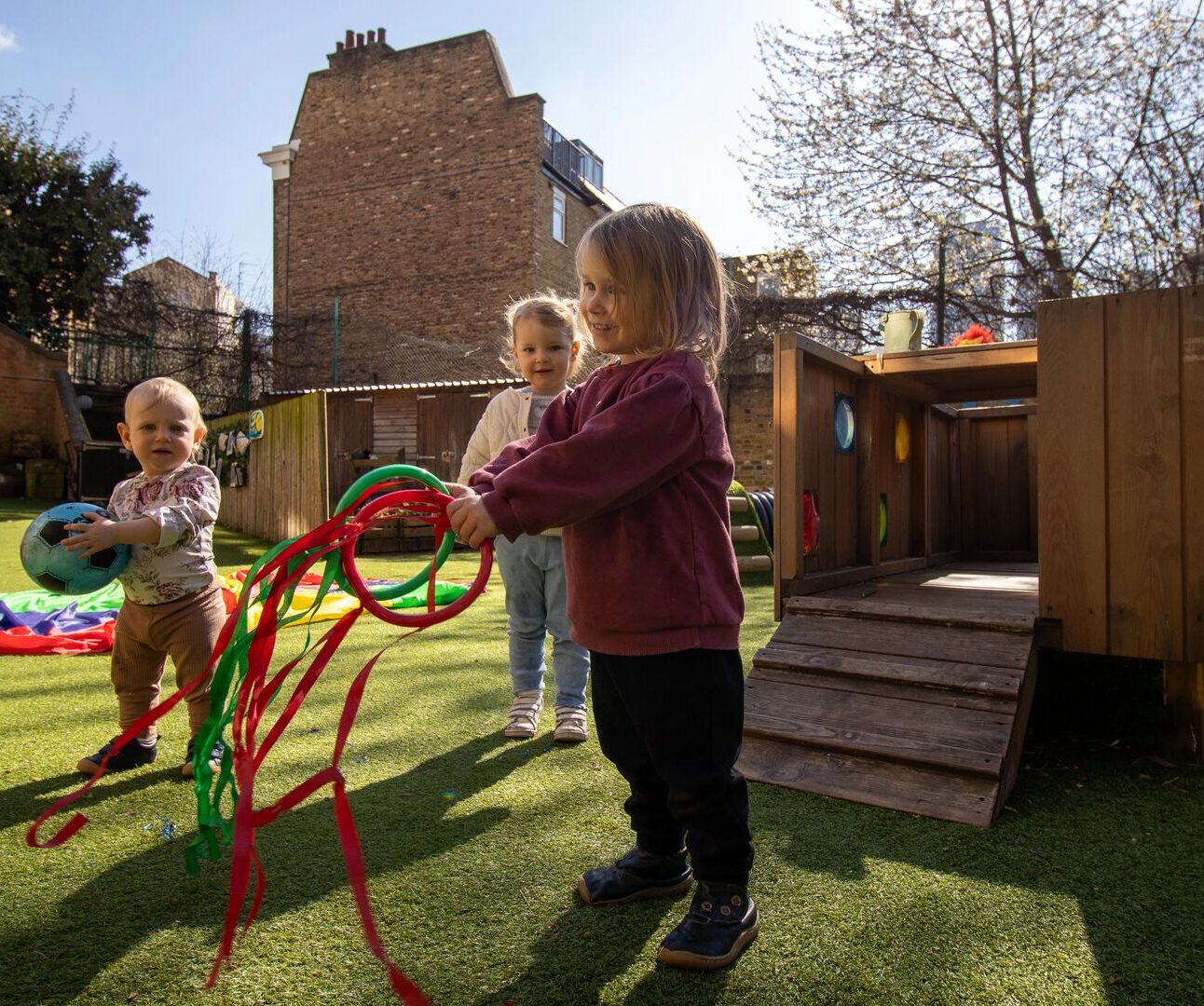
Another Consultation… This time, it’s Space
Just as the ink dries on the Ofsted consultation, up pops another. This time it’s about space, equally important and not to be overlooked. The Department for Education (DfE) has…
April 28th 2016
The Government wants to upgrade the calibre of staff entering the Early Years profession.
So indeed does the sector, so what’s the problem?
The issue is the entry qualification. The Government wants it to only be GCSEs at C or above in English and Maths.
Why is that a problem, I hear you ask? Doesn’t everyone have this?
Well no, they don’t. In London approximately only 40% of students have both. This leaves us with a dilemma;
What would you choose to do if you have GCSE’s in grade C or above in English and Maths which allows you to attend a University?
1. Sign up to work in childcare which remains for many a ‘lower status’ and lower paid career?
or
2. Go to University which may lead to a higher status and a higher paid career?
What have most students chosen done? They have chosen to walk away from childcare with a catastrophic impact on the sector’s recruitment. We have seen a 70% drop in entrants to Level 3 courses and a 96% drop in apprentices. This includes preventing some very able level 2 childcare practitioners with years of experience progressing in their career.
Why should we care?
We should care because the Government is also asking us to consider offering 30 Hours of ‘funded’ childcare to parents and continue to offer the ‘funded’ two year old offer to those two year old disadvantaged children. Guess what? We need staff to do this and they need to be committed, well paid and valued!
So is there an easy answer? Yes and No. Good quality childcare makes a huge difference to all children, especially those from poor backgrounds. Good quality is driven by a number of things but having capable, knowledgeable staff is key. If we stick with the current status quo there is a higher risk that as the sector continues to fail to recruit enough staff, we will see a higher proportion of lower qualified staff with inverse implications on quality.
Can we therefore find another relevant entry mechanism as well as GCSEs?
Our suggestion is that we use Functional Skills as an alternative. Every other sector allows this alternative. So much so that functional skills currently represents 7% (over a million learners) of all regulated qualifications in England, only GCSE’s have a larger percentage.
What do parents think?
A new poll by independent polling company ‘ComRes’ reveals that more than 7 in 10 British parents agree that qualifications in English and Maths that equip learners with practical skills should also be accepted as an alternative to GCSE’s for Level 3 early years educators.
A further 6 in 10 say the Government policy could exclude potential recruits who may be well-suited to the sector. 68% of parents agree that young people who want to complete an apprenticeship with an Early Years provider should be allowed to do so without GCSEs at C or higher in both English and Maths, provided they have equivalent qualifications in these subjects.
Will Functional Skills be good enough?
Are they a robust and vocational alternative to GCSEs ? Can we assure parents, the sector and the Government that students will demonstrate good enough literacy, language and maths to teach children? Employers have consistently shown their support (Stewart Segal from AELP quoted in TES 2014). This is generally because Functional Skills offer the opportunity for students to embed literacy and numeracy within their core qualification, enabling them to build confidence in their ability as well as developing the underpinning skills needed for both personal and professional life; what we often call “soft skills”.
In 2014 the Ofqual Thematic Review suggested four areas of improvement to make the qualifications offered from all Awarding Bodies more robust, reliable and consistent. They are:
As a result, all awarding bodies have made changes to their assessments to make them more comparable. The trade- off is that the sector works with the Government and the awarding bodies to tighten the inspection and verification of those providers offering Functional Skills so that the consistency of the teaching and assessing of Functional Skills is equitable to the GCSEs.
So, the sector asks Nicky Morgan, Secretary of State for Education, to allow functional skills as an alternative to GCSE’s. In the end, we all want the same thing; Good quality staff who appreciate their responsibility to help shape the early care and educational experiences of so many children.
Good early years staff are the architects of children’s minds so of course we want them to be the best.

Just as the ink dries on the Ofsted consultation, up pops another. This time it’s about space, equally important and not to be overlooked. The Department for Education (DfE) has…

How I Learned to Stop Worrying and Love the Kill Switch! This is AI blog number four, and by now I thought I’d be off down the rabbit hole exploring…

Are children deprived of the opportunity to play?… …is not a new question, but one that continues to be tackled on many levels. Greg Bottrill’s book ‘Can…